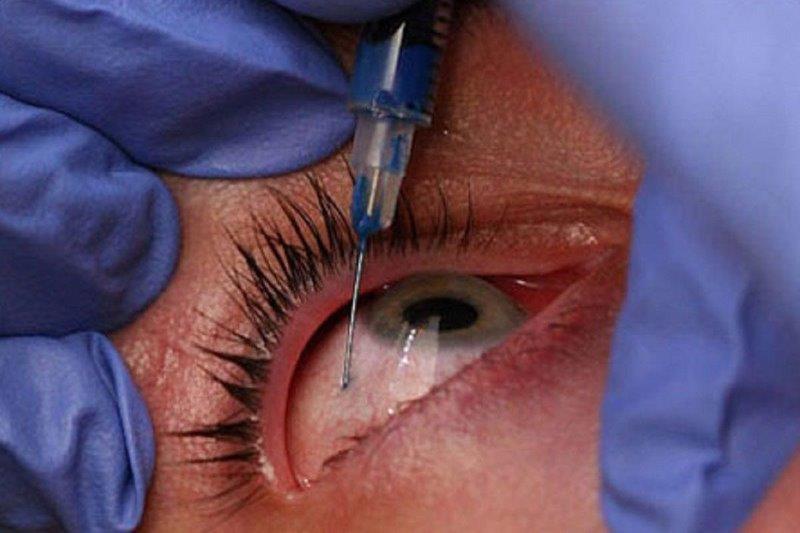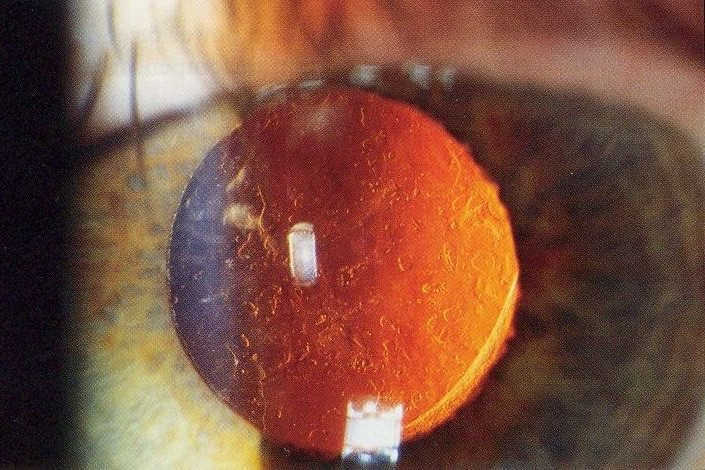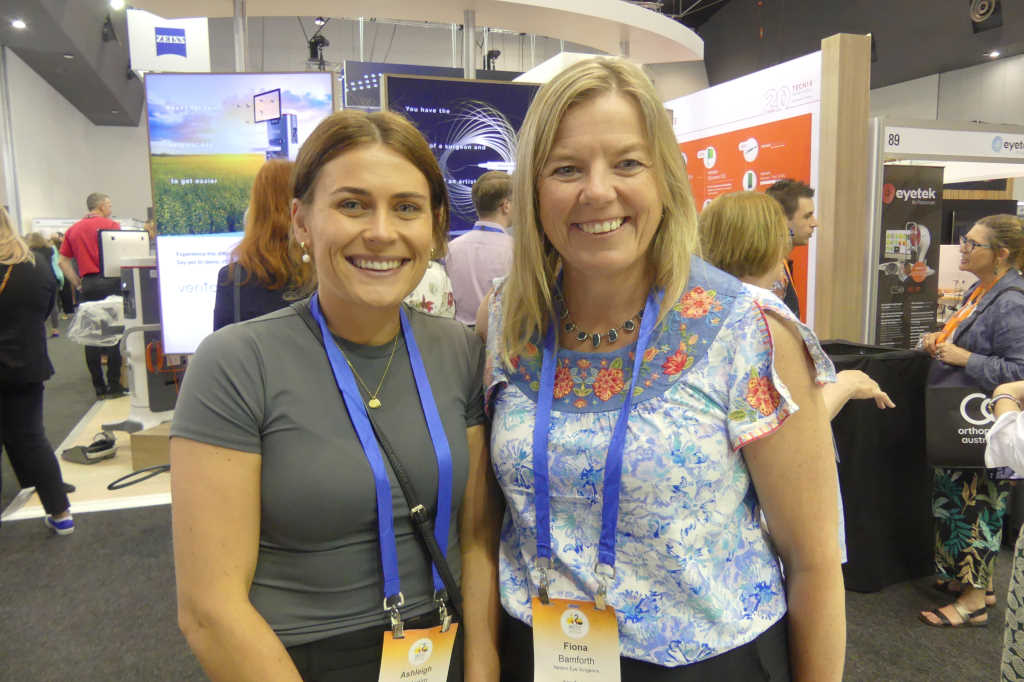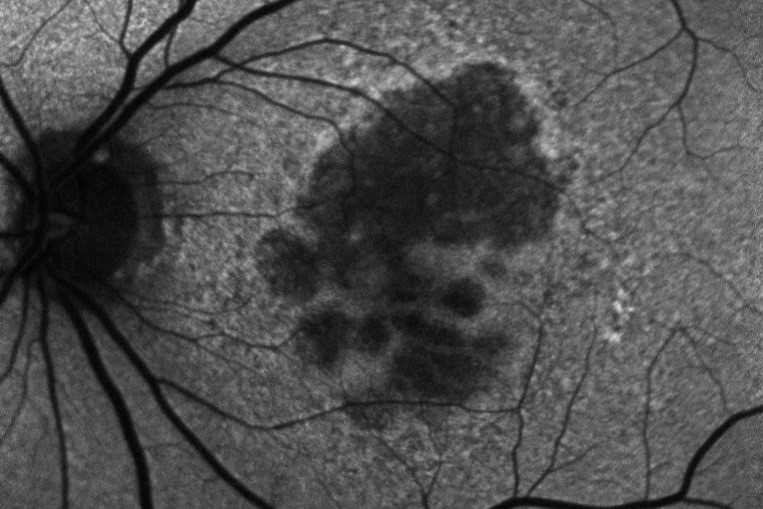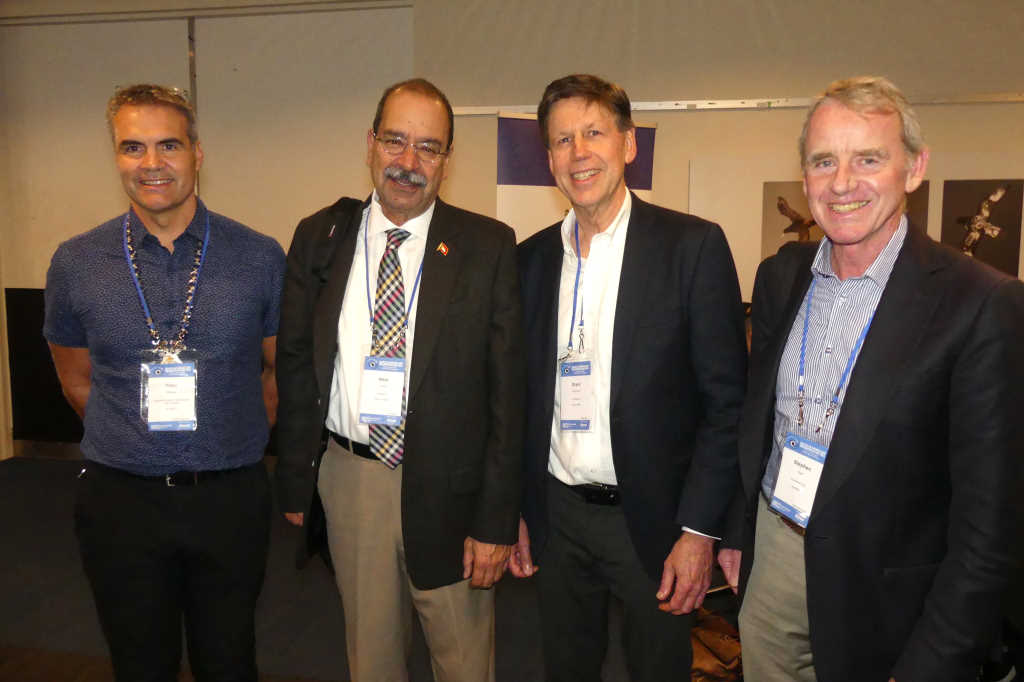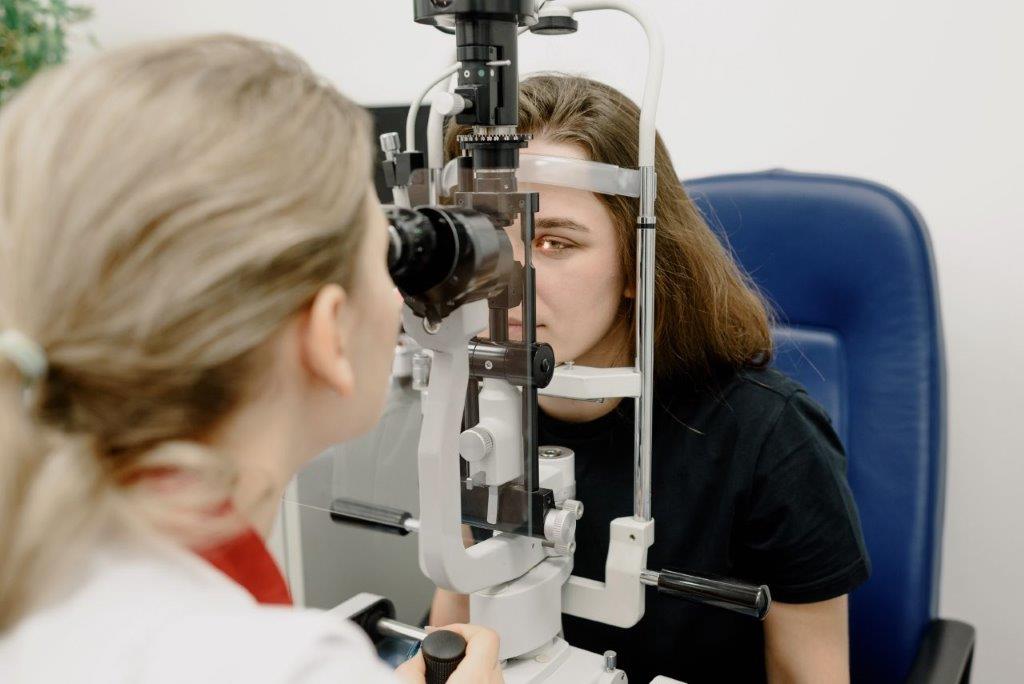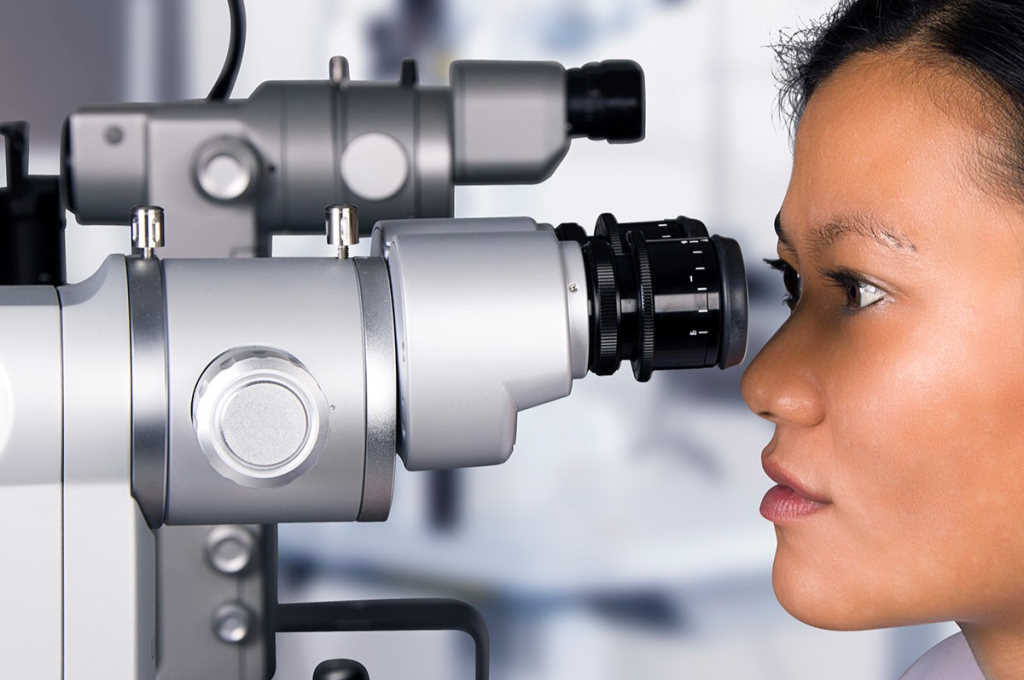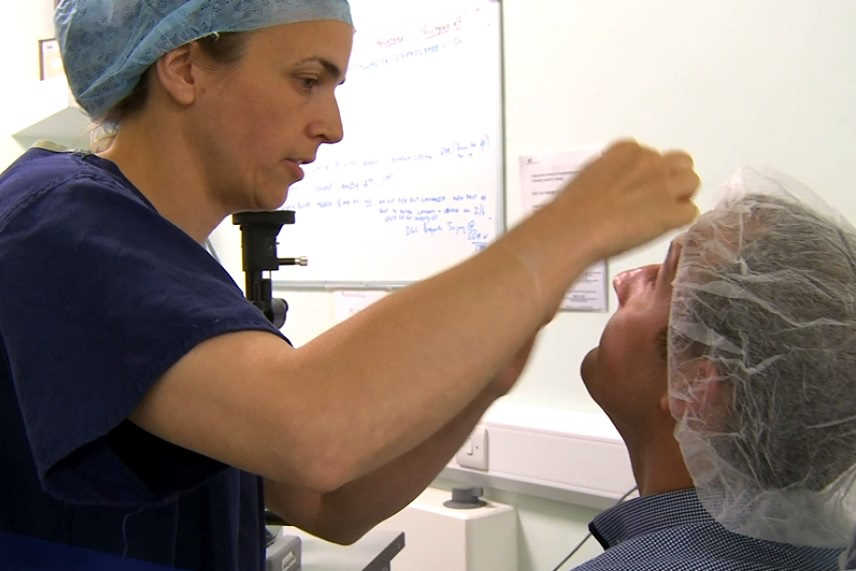YAG laser optometry – scope change approved!
Following a successful pilot study and comprehensive consultation, the Optometrists and Dispensing Opticians Board (ODOB) has approved a new scope of practice allowing optometrists to perform ophthalmic laser surgery.
Submitted earlier this year, the scope change authorising optometrists to perform both neodymium-doped yttrium aluminium garnet (Nd: YAG) laser capsulotomy and laser peripheral iridotomy in an approved hospital setting was officially gazetted on 16 May and will come into force on 1 July. The ODOB will now be able to consider any application for registration in the new scope of practice, said ODOB chair Kristine Hammond. “The ODOB is committed to achieving equity eye healthcare in Aotearoa New Zealand and this is a small step towards that.”
The change was also welcomed by Dr Martin Chadwick from the Ministry of Health (MoH). “As chief allied health professions officer, I welcome any opportunity which increases the scope of any allied health discipline or enables changes to models of care which ultimately benefit patients and make better uses of the limited resources we have.”
The change has been a long time coming stemming from a 2018 ODOB report which identified a significant lack of ophthalmology cover in many areas across Aotearoa. Allowing optometrists to perform minor laser surgeries would reduce the burden on the private and public ophthalmology sector and lower geographical barriers to accessing care, said the report. “This in turn would free up ophthalmologists to do the more complicated procedures, effectively reducing overall wait-times for all ophthalmic procedures, improving treatment efficiency and reducing unnecessary impairment of vision.”
After several meetings with key stakeholders and a preliminary literature review, the board approved an ophthalmologist-led, Auckland-based pilot study to ensure it could safely introduce a specialist optometrist scope of practice in ophthalmic laser surgery. A success, the pilot’s findings were released as part of a wider public consultation process at the end of 2021¹. In its submissions summary report², the ODOB said it had received 23 written, mostly favourable, submissions. Those submissions focused on the benefits outlined in the consultation document. The minority opposing submissions covered four key themes, each comprehensively addressed by the ODOB, which said the submitters appeared less familiar with modern optometry and its current scope of practice. Specifically, it said concerns about:
- Misdiagnosis and management were outdated and unsupported by the literature, especially for senior hospital-based optometrists, where surgical referral is routine
- Safety were not supported by published literature, for example from countries such as the UK where optometrists routinely provide laser and other more complicated surgical interventions³
- Accountability and continuity were not novel or unique to these procedures, with many models of co-management between optometry and ophthalmology already existing successfully
- Implementation costs and training were short-term in nature and could be quickly recovered, and would enable efficiency gains in more complex areas of ophthalmology where there is greater need for specialist care
“In the UK it is acknowledged that optometrists, owing to their training and clinical skills (eg. competency on slit lamp, gonioscopy) require the least upskilling and are the most appropriate profession to conduct laser surgeries, and optometrists replacing consultant ophthalmologists is likely to have cost savings,” said the ODOB in the summary report².
There was also some concern that this change may lead to other scope changes, which is a possibility, it said. “However, changes to the listed procedures would be guided by evidence and there are many layers of protection in place.”
One obvious area for further scope expansion is to allow hospital-based optometrists to administer anti-VEGF injections, alongside their nursing colleagues who, following best practice in countries such as the UK, provide the bulk of this essential sight-saving treatment in Aotearoa. Hammond acknowledged the board was in early discussions with MoH about this. “Having seen how efficiently and safely optometrists have been involved in the delivery of the Covid vaccine, we have full confidence that a change like this can be implemented in a seamless and safe manner, resulting in huge impacts on healthcare inequities.”
References
- https://www.nzoptics.co.nz/articles/archive/yag-laser-for-optoms-proposed/
- www.odob.health.nz/wp-content/uploads/2021/04/Submission-summary-report_May-2022.pdf
- Konstantakopoulou E, Jones L, Nathwani N et al. Selective laser trabeculoplasty performed by optometrists – enablers and barriers to a shift in service delivery. Eye (2021).











